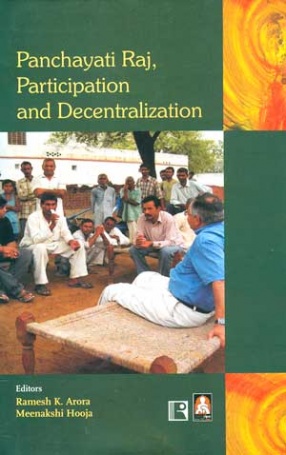Privatisations of State owned enterprises has raised a lot of passion, heat and dust around the world, especially after the huge successes this policy had in the united Kingdom and Germany, Latin American countries, Asia and Africa. But very soon, it came to be recognized that privatization did create many problems, such as lack of transparency, pseudo capitalism and many other associated evils. The welfare aspects of privatization also tended to be given inadequate attention in the privatization process. In the rush to privatize, many countries ignored the welfare role of the State. In particular, the negative aspects of privatization relating to labour came to be recognized and initiatives began to be taken to lesson these negative social aspects. These were, however, not adequate and resulted in impoverishment and considerable hardship to labour and led to questions on the wisdom of pursuing privatization policies. In this book, the author examines the privatization processes in Sri Lanka and India and the implications that it has for various sections of society. The book also examines the measures that need to be adopted to minimize the negative societal implications of labour restructuring on account of privatizations, in the light of international experience. This book is the first detailed analysis of the subject of societal implications of labour restructuring in Asia and will serve as a useful reference book for researchers and scholars of privatization, besides policy makers and practitioners.
Privatisation and Labour Restructuring
In stock
Free & Quick Delivery Worldwide
reviews
Bibliographic information
Title
Privatisation and Labour Restructuring
Author
Edition
1st ed.
Publisher
Academic Foundation, 2008
ISBN
9788171886340
Length
292p., Tables; Annexures; Bibliography; Index; 23cm.
Subjects






There are no reviews yet.